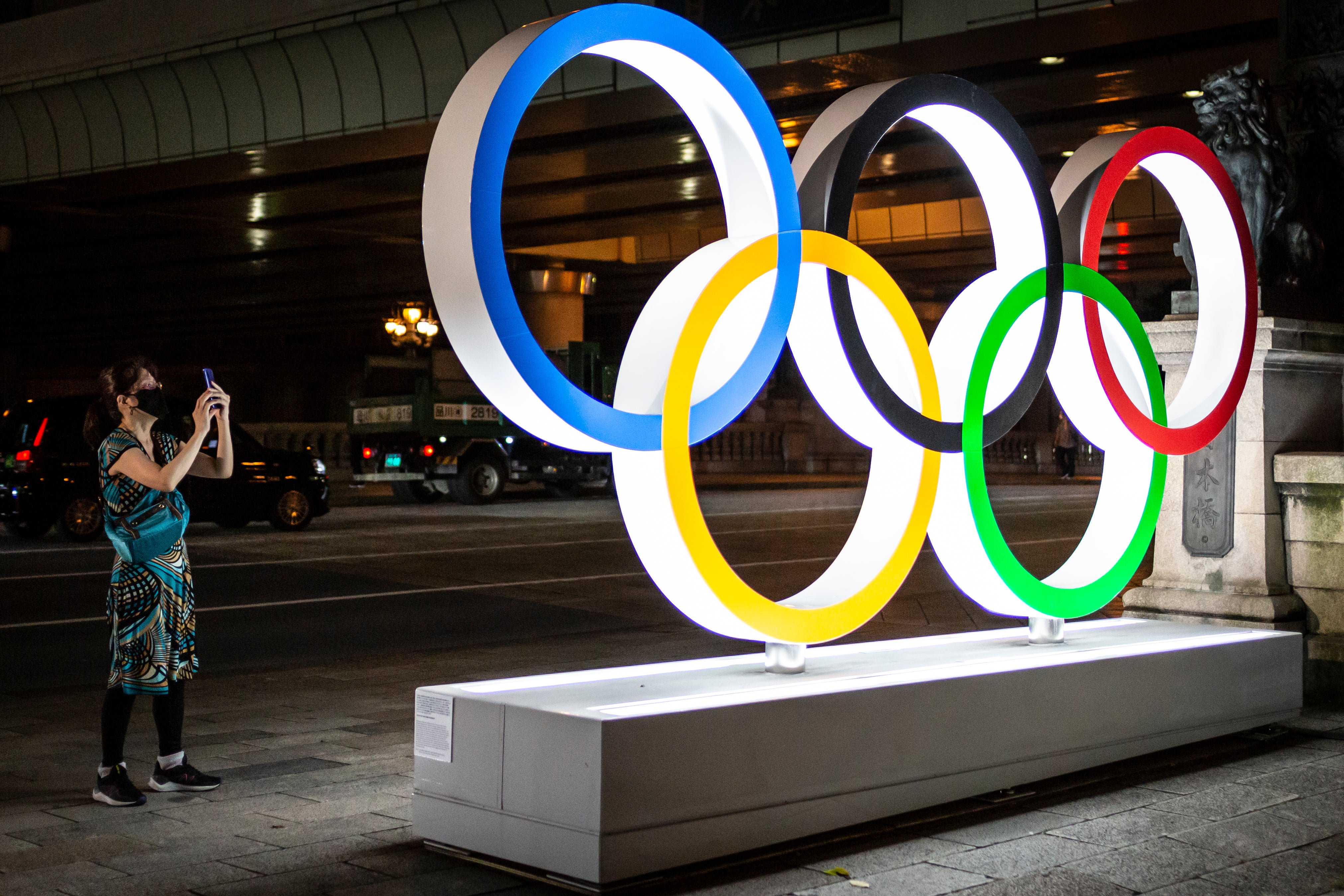The theory of soft power through sport is set to be severely tested
The last month has demonstrated real limits of using sporting events as international PR exercises, writes David Harding


Countries using sport to promote a favourable image of themselves globally is a concept that is barely out of the news nowadays.
It has almost become a bigger part of the conversation around any major international event than the actual sport itself.
From Azerbaijan to Brazil to China to Qatar, and now, increasingly, Saudi Arabia, countries have used, or are using, sports to project the image they see of themselves when looking in the mirror.
At the end of this week, the latest to attempt such a move is Japan.
The Olympics start on Friday. Headlines surrounding the event – pushed back a year because of the Covid-19 pandemic and now taking place seemingly enforced on a sceptical and fearful Japanese public – have served to cast a long shadow internationally over the Japanese government and the International Olympic Committee.
Both seem obsessed with ploughing on with an event that has all the ingredients for farce and tragedy. No matter how noble a gold medal for the world’s best 10,000m runner might be, is it really worth the potential health cost on Tokyo and elsewhere?
The last month has demonstrated very real limits to the benefits of soft power through sport.
In England, a disastrous end to Euro 2020 with disturbing scenes at Wembley has seen the country’s international reputation tarnished further and could prove a fatal blow to any attempts to host the 2030 World Cup.
Next year sees two major events that will test the theory of soft power like no others – the Beijing Winter Olympics in February and the Qatar World Cup in November and December.
The Beijing games take place against a backdrop of what a number of nations have decried as genocide. China’s treatment of the Uyghurs will become one of the themes of the games. One million people are thought to be held in internment camps by China – something that does not sit comfortably with an afternoon of watching the biathlon.
In Qatar, a football tournament will take place in a country which has now become shorthand for modern slavery in the minds of many. Human rights discussions will likely continue throughout the World Cup.
Whatever benefits both countries get from soft power could be offset by very hard landings when it comes to international reputation.
Yours,
David Harding
International editor
Join our commenting forum
Join thought-provoking conversations, follow other Independent readers and see their replies
Comments